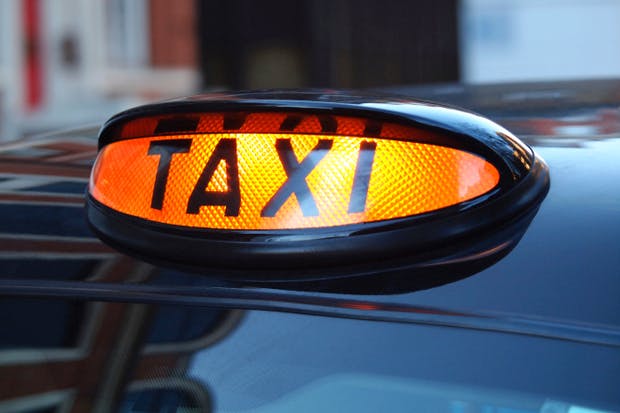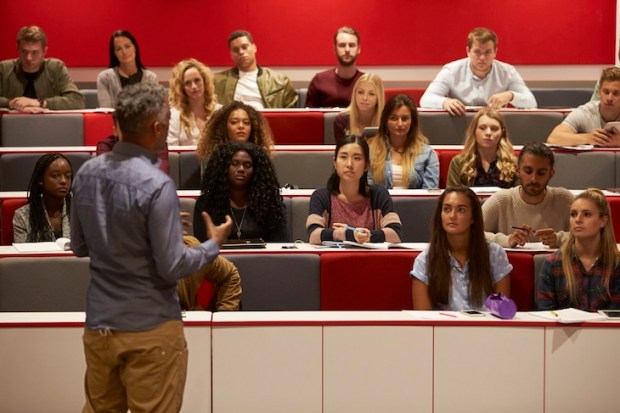But why did the food [in England] stay so bad after refrigerated ships, frozen foods and eventually air-freight deliveries of fresh fish and vegetables had become available? … The answer is surely that by the time it became possible for urban Britons to eat decently, they no longer knew the difference. [Since] your typical Englishman, circa, say, 1975, had never had a really good meal, he didn’t demand one. And because consumers didn’t demand good food, they didn’t get it. Even then there were surely some people who would have liked better, just not enough to provide a critical mass.
The history of English food suggests that… a free-market economy can get trapped for an extended period in a bad equilibrium in which good things are not demanded because they have never been supplied, and are not supplied because not enough people demand them.
This is the economist Paul Krugman in an article from the late 1990s called ‘Supply, Demand and English Food’. I don’t agree with the whole article (elsewhere he disparages fish and chips) but his premise is worth exploring. Are there other areas where we accept appalling products or services simply because we have become inured to them? Here, I think, are a few.
Dry cleaners. Over the last 50 years, you’d think someone in the dry-cleaning industry would have come up with a comfortable handle to carry your clean clothes back to your car. As things stand, you can transport dry-cleaning painlessly only if you are a) Abu Hamza or b) a pirate.
London black cab drivers. Yes, I am sympathetic with your plight versus Uber (for reasons I will explain elsewhere), but before you can complain too loudly, you might like to start accepting credit cards. Actually accepting them, not just installing a card reader and then pretending it’s not working.
Salad manufacturers. Everyone who makes prepared salads for M&S, Sainsbury’s etc is convinced that the bottom 50 per cent of a salad bowl should consist of a slithery layer of cold, soggy pasta. Would anyone do this at home? Why do we put up with it?
Call centres. After two minutes on hold, callers should be offered the option of requesting a call back.
Tea shops. Try staying open later than 4 p.m., you lazy bastards. That way you might be open when most people want a cup of tea. Under a future Sutherland regime, all immigrants will be required to undertake two years’ training in scone-making and teapot-warming to shake up the indigenous tea-shop industry. Anyone using the phrase ‘We stop serving X at Y o’clock’ will be either shot or deported to France, where they still find that kind of thing acceptable.
Finally, the season ticket. This is a Dickensian idea, conceived for an age when everyone took the same train every day, five days a week. It is bitterly unfair to part-time workers or to people who commute in off-peak hours to make them pay the full price — or buy tickets singly. Research by an organisation called the Campaign for Better Transport suggests that those commuting to part-time jobs in London from the south-east would be an average of £1,500 a year better off if part-time or off-peak season tickets were available. Part-time commuters to Manchester and Bristol would save £460 and £765.
As a proportion of a part-time salary, this is immense. But the season ticket is also Luddite. The idea that the internet would cause millions of people to work from home permanently was mostly a pipe dream. But millions do now work from home for a morning, or for one or two days each week. What is the point of technology if people must still pay for the journeys it has made unnecessary?
Got something to add? Join the discussion and comment below.
Get 10 issues for just $10
Subscribe to The Spectator Australia today for the next 10 magazine issues, plus full online access, for just $10.















Comments
Don't miss out
Join the conversation with other Spectator Australia readers. Subscribe to leave a comment.
SUBSCRIBEAlready a subscriber? Log in